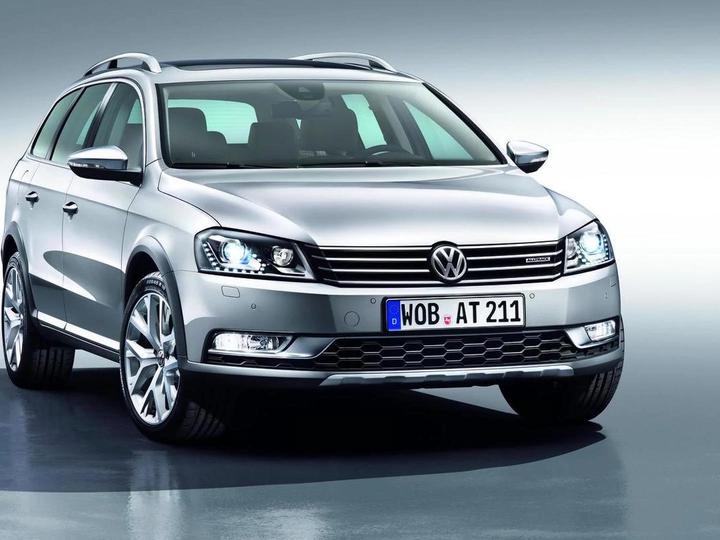Mercedes-Benz makes a smart move in the U.S.
Although Smart made its debut as a promising brand in 1998, this promise has been broken by the growing pains of unique vehicles. Faced with a brief attempt to expand the brand beyond the Fortwo trademark, Smart’s biggest problem is undoubtedly the brand’s efforts to enter the US market. After the ill-fated Daimler-Chrysler (Daimler-Chrysler) came to power, Smart finally got the opportunity to officially enter the United States, when Penske Automobile Group agreed to purchase Smart Fortwo cars. However, perhaps due to unstable entrances, even if the popularity of small urban-style vehicles has increased, the enthusiasm for the Smart brand is difficult to maintain. Sales of smart cars in the United States have fallen by 34%, making the status quo of the brand hazy. Showing struggling, Mercedes-Benz America incorporated the sales and distribution business of the Smart brand in the US, which may surprise some people.
Set to complete in July, current distributor Penske Automotive Group will be relieved of the Smart overall placement in the country. In a procedure which will see 21 dealers (including 4 owned by the Penske Automotive Group) lose their franchise, the Smart Fortwo will have a more ideal home within the Mercedes-Benz dealership network.
So what force is provoking Mercedes-Benz to takeover the Smart brand’s United States sales and marketing? Summing it up in one acronym, CAFE. In many previous years, luxury car makers like Mercedes-Benz elected to instead pay out considerable but manageable cash penalties rather than risk watering down the brand with a smaller, fuel efficient vehicle. IN 2006, Mercedes-Benz accepted a total $30.3 million penalty for their lineup of high fuel consuming vehicles. With new fleet fuel economy standards being phased in by CAFE for 2016, the new 34.1 mile per gallon mark requires a need for a more fuel-friendly alternative to the improved but still thirstier AMG engines. Presently featuring 41 miles per gallon in highway fuel economy, the Smart Fortwo is an ideal countermeasure to Mercedes-Benz’s larger sedans and utility vehicles.
Helping Mercedes-Benz, this deal is likely to marginalize the Smart for the foreseeable future. Though the Electric Fortwo is still slated for distribution alongside the gasoline-powered Smart vehicle, this deal terminates a planned four-door model. Through a deal which was to have a United States-only Smart car built on the same architecture as the new generation Nissan Versa, it was hoped this larger product would have adapted better to the space criteria North American drivers desire. With the divesting of Penske’s management of the United States Smart distribution channel, Nissan is left with another soured deal for platform sharing. In another recent incident, Chrysler’s bankruptcy in 2009 and merger with Fiat ended joint plans with Nissan to build the next-generation Titan pickup.
Under the guidance of Smart’s parent company, it is said at least 300 Mercedes-Benz dealerships in the United States will feature the Fortwo models to the remaining 58 Smart-exclusive dealerships.
Information source: Automotive News, Penske Automotive Group Image source: Chris Nagy
-
Latest
 Volkswagen Passat enters European Alltrack
Volkswagen Passat enters European AlltrackWhether the automotive market considers all-wheel drive to be an excellent active safety component, or smart marketing to satisfy customers’ illusions about driving anytime, anywhere, cars with four-w...
-
Next
 Toyota Prius plug-in hybrid car unveiled
Toyota Prius plug-in hybrid car unveiledToyota today made its North American debut for the 2010 Prius plug-in hybrid vehicle (PHV) at the 2009 Los Angeles Auto Show. There are already a lot of people waiting for this car, as evidenced by nu...
